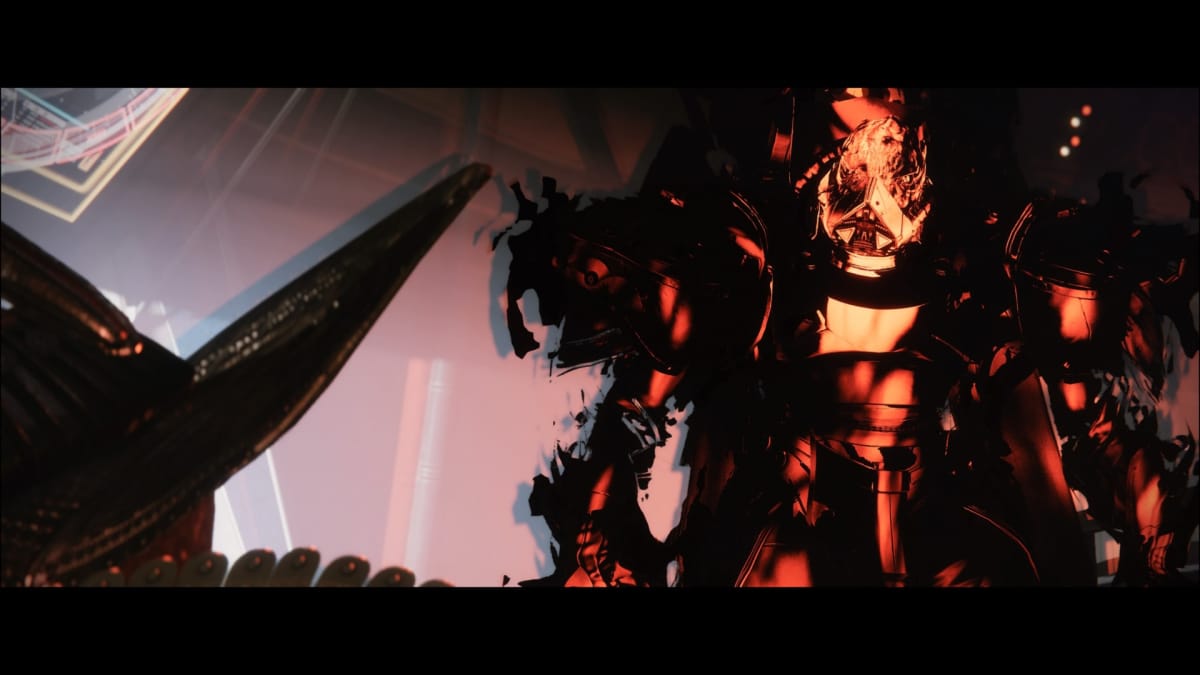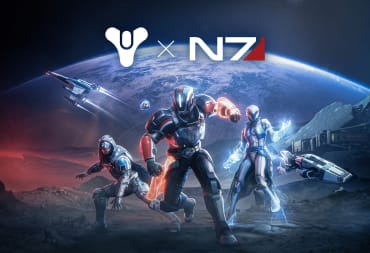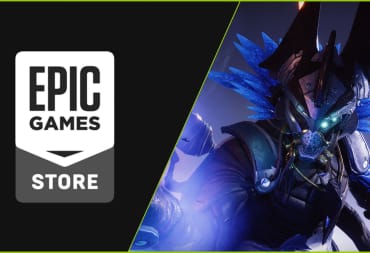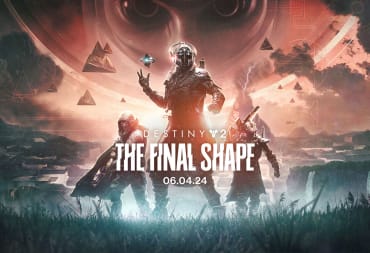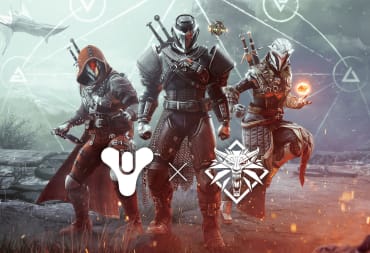The first month of Destiny 2 Season of the Haunted has been an emotional rollercoaster both in terms of gameplay and story content. Major characters have become the focus for some insightful emotional character development. Changes to various gameplay systems have been implemented, all to a mixed reception by the fan base. But, much like how the campaign of The Witch Queen raised the bar for storytelling and spectacle for Destiny 2, Season of the Haunted might be setting the new standard for character-driven storytelling going forward.

Destiny 2 Season of the Haunted – Hunting Your Nightmares
Destiny 2 Season of the Haunted opens with the world-eating Leviathan ship returning. Worse still, it appears that Emperor Calus his forces have sided with The Witness, the ultimate big bad revealed in the final moments of The Witch Queen campaign. In addition to having his own endless army of loyal Cabal legions, the Leviathan is now in orbit around Earth's moon, weaponizing the Nightmares that have manifested there during the Shadowkeep expansion. Since the Nightmares are physical manifestations of past trauma, crimes, guilt, and regret, simply storming the ship is a suicide mission.
But the Guardians' resident expert on the arcane, Eris Morn, has a plan. By utilizing power from the Crown of Sorrow, several volunteers can be protected from the psychic assault of the Nightmares and venture deeper into Calus' Leviathan. The catch is they must directly face their greatest fears and failures to make it work. Thus, your Guardian must help Eris set the ritual up and assist the willing participants.
In terms of story and theme, Destiny 2 Season of the Haunted is blunt. Calus' Leviathan was a major area from the game's launch in 2017, and it played host to several Raid areas. Now it has returned complete with the same bizarre psychic fungus found in the (now vaulted) Presage mission, drenching once familiar opulent halls with menace and malice.
It is also clear throughout incidental dialogue that if the mystery of the ship's return isn't solved, Calus plans on spreading the Nightmares to the rest of the solar system. Both physically and metaphorically, you must face the demons of the past or be overwhelmed by them. There's a reason why the community has dubbed this new stretch of content “Season of the Emotional Trauma.”

But what isn't blunt is the way in which Bungie addresses that aforementioned trauma. The three characters that undergo the ritual -- Zavala, Caiatl, and Crow -- are all dealing with their own complex emotional hangups. Crow has ongoing anxiety about his past actions as Uldren Sov, which is only compounded by the inherent biases characters have shown him in past seasons.
Zavala, the otherwise stoic and determined head of the Vanguard, is dealing with centuries-old survivor's guilt centered around the death of his adopted son and the unresolved rift with his mortal wife. As for Caiatl, it's implied in dialogue throughout the new dungeon, Duality, she suffered some form of domestic abuse at the hands of Emperor Calus. Even members of the supporting cast, those who know exploring the Leviathan would break their spirit, are given sympathetic asides. Ikora, Saint-14, and others have either bits of dialogue or lore entries that express how facing the Nightmares on the Leviathan would break their spirits, but another character is always there to comfort them.
Furthermore, it cannot be overstated just how brilliantly executed the resolution of these issues are. Crow reconciles with his past, finding a synthesis between Uldren's clinical efficiency and his newfound moral compass. Zavala ultimately learns to forgive himself and to not judge his centuries of triumphs against what he sees as his greatest unforgivable failure. Stripped away of the fantastic elements, these character conflicts are based in genuine drama.
In fact, Bungie's developers spoke openly about this deliberate approach to character and emotional baggage in an interview with GameSpot stating:
Mental health is a topic that not everyone's always comfortable talking about. So sometimes games as a medium can be used to explore those things in a way that's safer and in a way that is novel, and gives you a bit of a distance between what you're feeling and what the characters on the screen are feeling. And we wanted to kind of explore that in a way that was realistic and nuanced and wasn't easily solved, and to make our characters feel like they were people that were actually dealing with these kinds of struggles. --Robert Brookes, Senior Narrative Designer at Bungie

Destiny 2 Season of the Haunted – Curious Changes
Of course, Destiny 2 Season of the Haunted is still an action game at its heart with plenty of ongoing changes to its various systems and structures. It is here, however, that some changes have tilted some heads.
The highlight by far is the introduction of Solar 3.0, a fundamental overhaul of the Solar subclasses. Much like Void 3.0, this overhaul is meant to give players more flexibility with the powers and abilities they can command while in this subclass, leading to more diverse builds. Overall, it has been quite successful. Less-appreciated exotics like Starfire Protocol and Claws of Dire Ahamkara for getting a new lease on life. The new Scorch mechanic, layering stacks of burn damage that eventually detonates, has lead to some great takes on crowd control. Finally, it is just cathartic to see a group of enemies burn and then explode.
On the PvP side of things, the biggest changes came for Iron Banner. First, Iron Banner will only be hosted twice per season. Second, any and all Power Level bonuses will be disabled, which means any weapon you own, sunset or otherwise, is perfectly viable. Finally, the gameplay modes for Iron Banner will be going on a rotation.
With the first week of Iron Banner now over, I can say the changes did bring some needed life to the mode. The first mode in the rotation, Rift, was a welcome change, breaking up the KD obsessed elements of the PvP community in favor of something more objective-focused. As for how they will continue on the second go around remains to be seen.
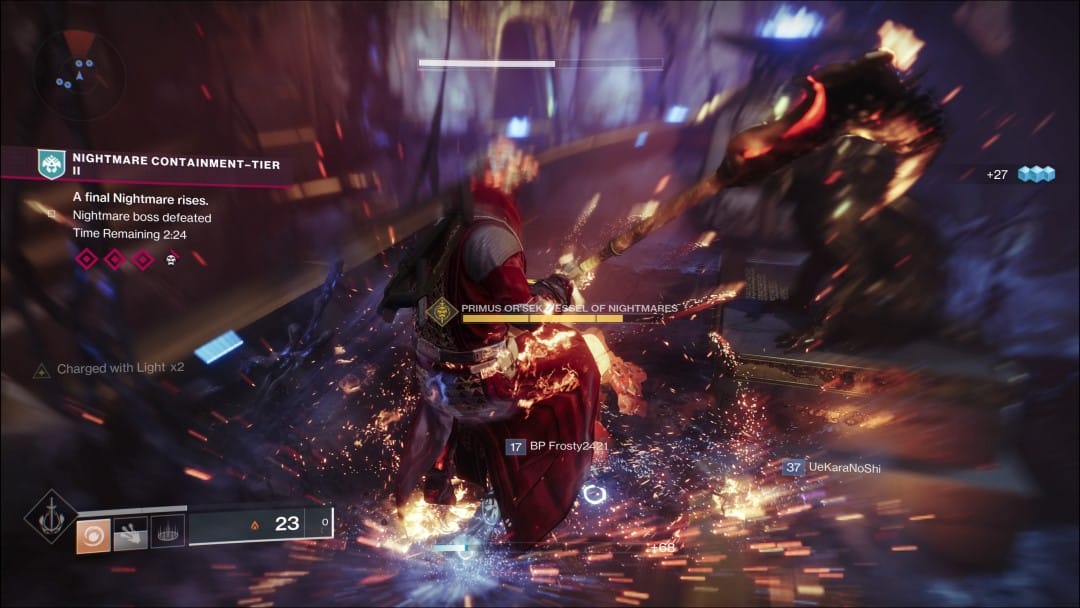
As for PvE, the new Nightmare Containment event on Calus' Leviathan steals the show. The trailer for the season shows off teams of Guardians wielding flaming scythes as they fight waves of Nightmare bosses. It's a power fantasy that is instantly delivered in this mode. Furthermore, Nightmare Containment is not an instanced event, it is a public event on the Leviathan. This means that you can explore the ship at your leisure, looking for hidden collectibles and chests, then just wander into Nightmare Containment already in progress and get rewards. Or you can run multiple events in succession.
Finally, Destiny 2's endgame Raids have been put on a weekly rotation. This means that finishing a Raid that is on the rotation will yield proper endgame rewards rather than capped rewards. For those who wanted to return to Garden of Salvation or Deep Stone Crypt, your time has come.
Unfortunately, Destiny 2 Season of the Haunted does have a few issues alongside these changes. Certain seasonal mods like Anti-Barrier Sidearm appear to be bugged, crashes and matchmaking issues are frequent, and there has been some controversy over the recently introduced Airborne Effectiveness stat for weapons. Given that certain Solar Warlock builds are geared towards increased airtime, that has lead to some vocal concerns by the fans.
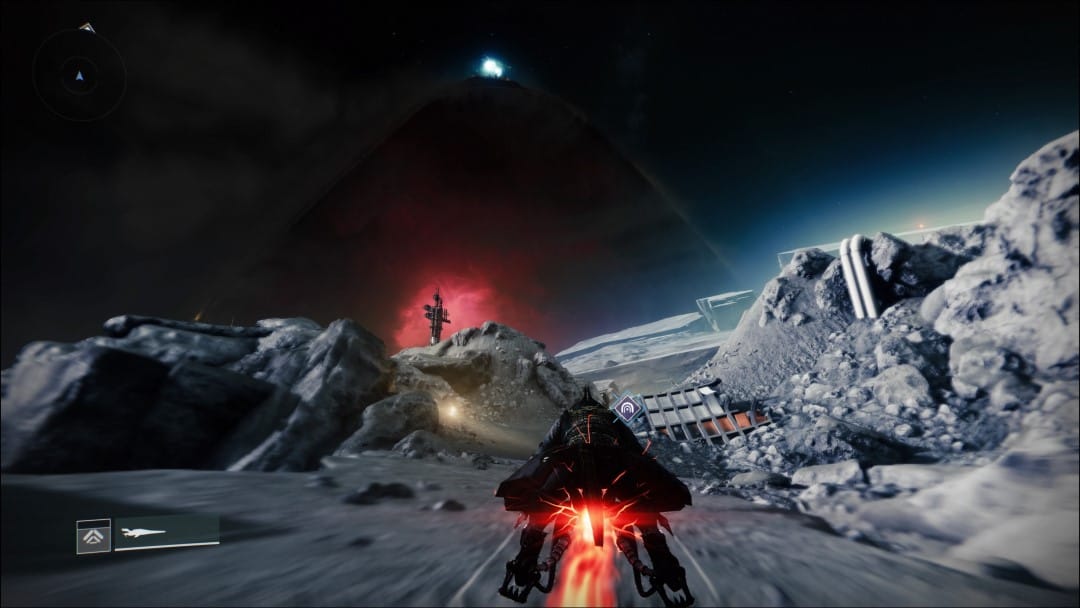
Destiny 2 Season of the Haunted Going Forward
Destiny 2 Season of the Haunted is off to a great start. It mixes together mostly refined gameplay tweaks with some powerful and cathartic character arcs as well as some tense atmosphere for good measure. As for what Calus' endgame is and what this will be setting up down the line, that is anyone's guess. In light of the recent changes to Destiny's universe in the wake of The Witch Queen campaign, just about anything can happen now.
Have a tip, or want to point out something we missed? Leave a Comment or e-mail us at tips@techraptor.net
